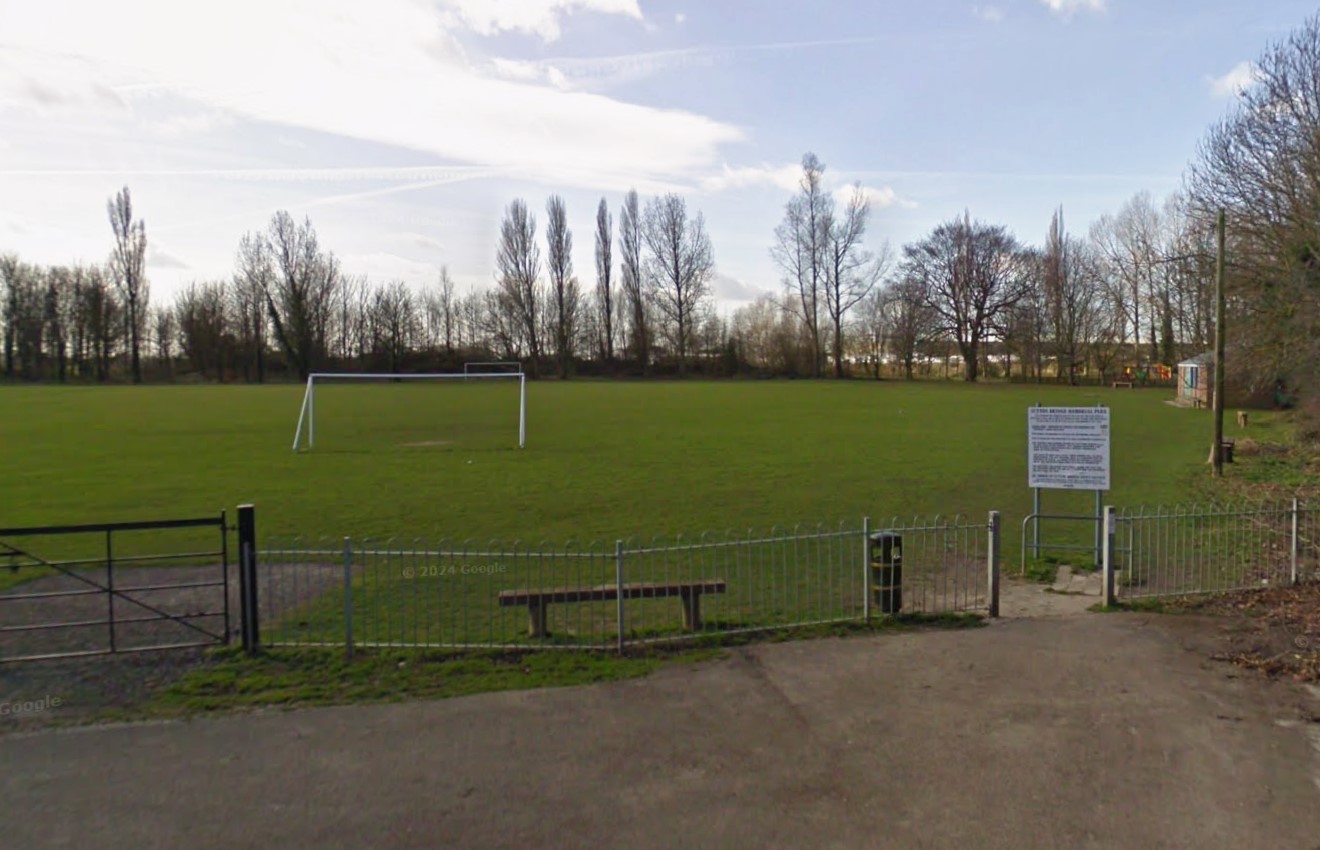Medical experts admitted they were shocked to discover that a Holbeach pensioner had died from a very rare disease.
A post-mortem revealed that Iris Grimwood was a victim of Creutzfeldt-Jakob Disease (CJD), which doctors had not diagnosed – or even suspected – during a rapid descent in her health.
At an inquest into her death, only one of five medical experts present had come across a case previously.
That was consultant neurologist Dr Miles Humberstone, who admitted to surprise that sporadic CJD contributed to the death of Mrs Grimwood, whom he had last seen at Boston’s Pilgrim Hospital about three months before her death in October last year.
He told last week’s hearing in Spalding: “I was disappointed that I didn’t consider the diagnosis in life as, of all the people here, I am the one who had come across cases before.
“It’s a condition I would expect to recognise.”
The fatal condition affects the brain and the inquest heard that 85 per cent of sufferers die within two years.
Mrs Grimwood, of Littlebury Gardens, had been on the drug Stemetil since 1999 to control dizziness.
Otherwise, she was in good health and had been on a cruise in July 2012.
Soon afterwards she went to her GP, who noted a tremor in her right hand.
One of Mrs Grimwood’s daughters, registered nurse Jane Welsh, told the inquest that her mother was well enough to help her move house in December 2012, but things went quickly downhill.
Mrs Grimwood complained of dizziness. In February her dosage of Stemetil was doubled but she was still dizzy and unbalanced.
An MRI scan at Pilgrim showed “everything was fine”.
When Mrs Grimwood’s condition declined still, she began taking another drug to try and stem what were thought to be side effects of Stemetil. However, the inquest heard that the drugs were not compatible.
Dr Humberstone said one of the reasons CJD was not diagnosed is because Mrs Grimwood was thought to be suffering from drug-induced Parkinsonism.
The inquest also heard from Mrs Welsh of problems during her mother’s stay in Pilgrim’s ward 8A.
Mrs Welsh claimed some staff didn’t know how to take a patient’s temperature on new machines, and she had had to stop a nurse lifting Mrs Grimwood’s bed covers to apply thrush cream as the problem was actually in her mouth.
Dr Felix Ihama told the inquest that there were problems with recruitment and retention at Pilgrim, but he would expect all nurses and healthcare staff to be practised in such matters.
Prof Robert Forrest, senior coroner for South Lincolnshire, said: “My duty is that, if during an investigation, matters arise that, if not corrected, could put members of the public at risk of fatality, I have to report that and I will.”
Prof Forrest recorded a verdict of death by natural causes. He ruled that Mrs Grimwood died from pneumonia due to CJD and recommended that her case was shared with neurological experts.
He said: “CJD is a horrible disease and nobody would wish it on their worst enemy.”






